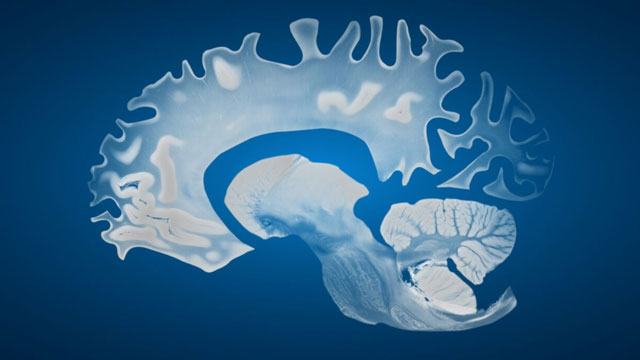Daijiworld Media Network - Oslo
Oslo, Oct 19: New research suggests that male brains may experience faster age-related shrinkage than female brains, offering fresh insights into the biology of brain aging. The study analysed more than 12,000 brain scans from 4,726 participants aged 17 to 95, each having at least two MRIs over an average interval of three years.
The researchers found “modest yet systematic sex differences” in how neurological tissue declines. Men showed volume loss in a greater number of brain regions, including various parts of the cortex, while women experienced decline in fewer regions and maintained greater cortical thickness with age.

Despite women being diagnosed with Alzheimer’s at twice the rate of men, the study revealed that female brains may actually lose gray and white matter more slowly. Co-author Anne Ravndal, neuroscientist at the University of Oslo, noted, “If women’s brains declined more, that could have helped explain their higher Alzheimer’s prevalence.”
Interestingly, no sex differences were observed in volume changes to the hippocampus, a region critical for memory and dementia. Women only showed faster hippocampal decline at older ages, which may be linked to their longer life expectancy rather than increased disease risk.
The study highlights the importance of considering sex differences in brain aging, a factor often overlooked in neuroscience research. In 2019, only 5% of published neuroscience or psychiatry studies accounted for sex, despite evidence suggesting it could significantly influence brain health and disease outcomes.
The findings point to real biological differences between male and female brains as they age, but the authors caution that further research is needed to fully understand how these changes affect cognitive function and disease vulnerability.
As Ravndal and her team conclude, studying the female brain in aging is long overdue, and addressing sex bias in research is critical for improving understanding of neurological health across the lifespan.